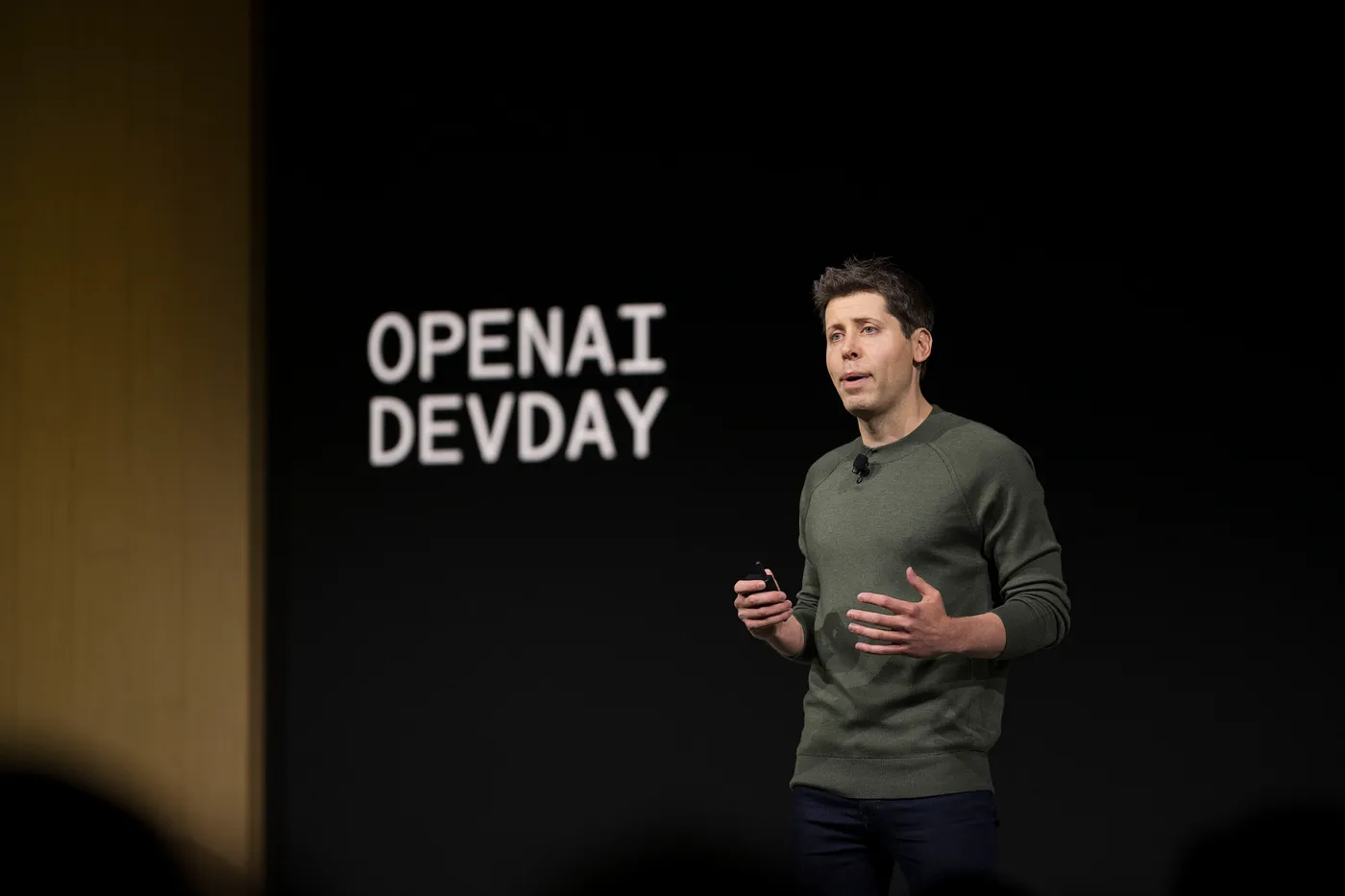
OpenAI hosted its annual DevDay in San Francisco on Monday, rolling out a set of new API updates to draw in developers and encourage them to build tools using its AI models. Unlike the 2023 event, which was a single-day affair held in one location, this year’s DevDay has a global twist. Additional events are set for London and Singapore later this month.
While last year’s DevDay featured CEO Sam Altman delivering a Steve Jobs-style keynote, the 2024 version switched things up. The product team took center stage this time, with Altman only making an appearance for a closing fireside chat. The change in format could be a nod to the eventful year OpenAI has had, with Altman’s brief departure and eventual return to the company making headlines.
Despite the internal shake-ups, OpenAI is moving forward, reinforcing its commitment to developers and showcasing the strides it’s made since the last DevDay. With over 3 million developers currently building on its AI models, OpenAI continues to face tough competition from heavyweights like Google and Meta.
To keep its edge and attract more developers, OpenAI announced four major API updates:
- Realtime API (Public Beta): This API enables developers to create low-latency, AI-generated voice responses, similar to ChatGPT’s Advanced Voice Mode. It supports speech-to-speech conversations with six preset voices (different from ChatGPT’s). Developers can integrate this with calling APIs like Twilio. However, OpenAI is leaving it to developers to comply with regulations around disclosing AI-generated voices.
- Vision Fine-tuning: Now, developers can use images, along with text, to fine-tune GPT-4o. This expands its ability to recognize and understand images, opening up possibilities for applications like better visual search, object detection, and even medical image analysis. OpenAI is clear that copyrighted imagery or anything that violates its safety policies is off-limits.
- Prompt Caching: A money-saver, this feature allows developers to reuse frequent prompts at a lower cost. OpenAI says developers can save up to 50% on input costs with prompt caching—a move that’s similar to a feature Anthropic launched a few months ago.
- Model Distillation: This lets developers use larger models like GPT-4o to fine-tune smaller ones, such as GPT-4o mini, potentially saving on costs while maintaining performance.
OpenAI also emphasized that it’s working to make its API services more affordable. The company claims to have reduced costs for developers by 99% over the past two years, likely to stay competitive as pricing wars with other tech giants heat up.
Beyond the new API updates, OpenAI announced a couple of extra perks:
- Free training tokens for developers using model distillation and vision fine-tuning throughout October.
- Upcoming audio input and output features for its Chat Completions API.
One thing missing from this year’s DevDay? Any news on the GPT Store. While it was a big reveal last year, the company has been quiet about its progress on the revenue-sharing program for GPT creators. There were also no new AI models unveiled, leaving developers eager for updates on OpenAI’s o1 model and the much-anticipated video generation model, Sora.
Although there weren’t any headline-grabbing announcements this time around, DevDay 2024 still made it clear that OpenAI is laser-focused on developers. With new features and a push for more affordability, the company is positioning itself as a key platform for building the next generation of AI-powered tools and applications.



